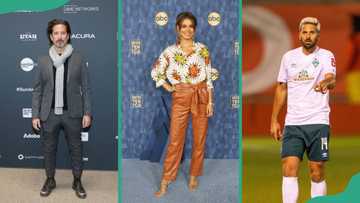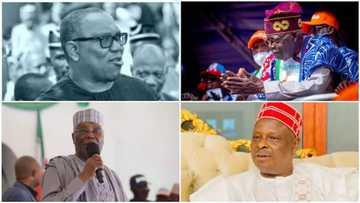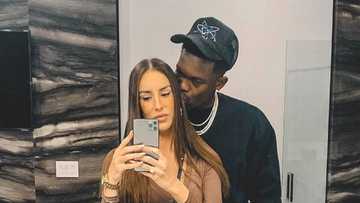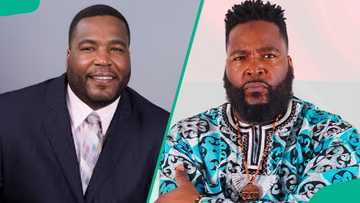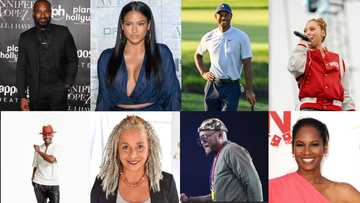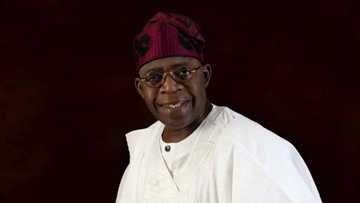Top 10 names of Nigerian nationalists and facts about them
Know the names of Nigerian nationalists and vital facts about them. It is impossible not to mention them when talking about the independence and democracy in this country. Nationalists in Nigeria were willing to die for the sake of their people. Sati Umaru Fwatshak, a Professor of History at the University of Jos, offers valuable insights into the efforts of Nigerian nationalists in the fight for social justice and human rights.
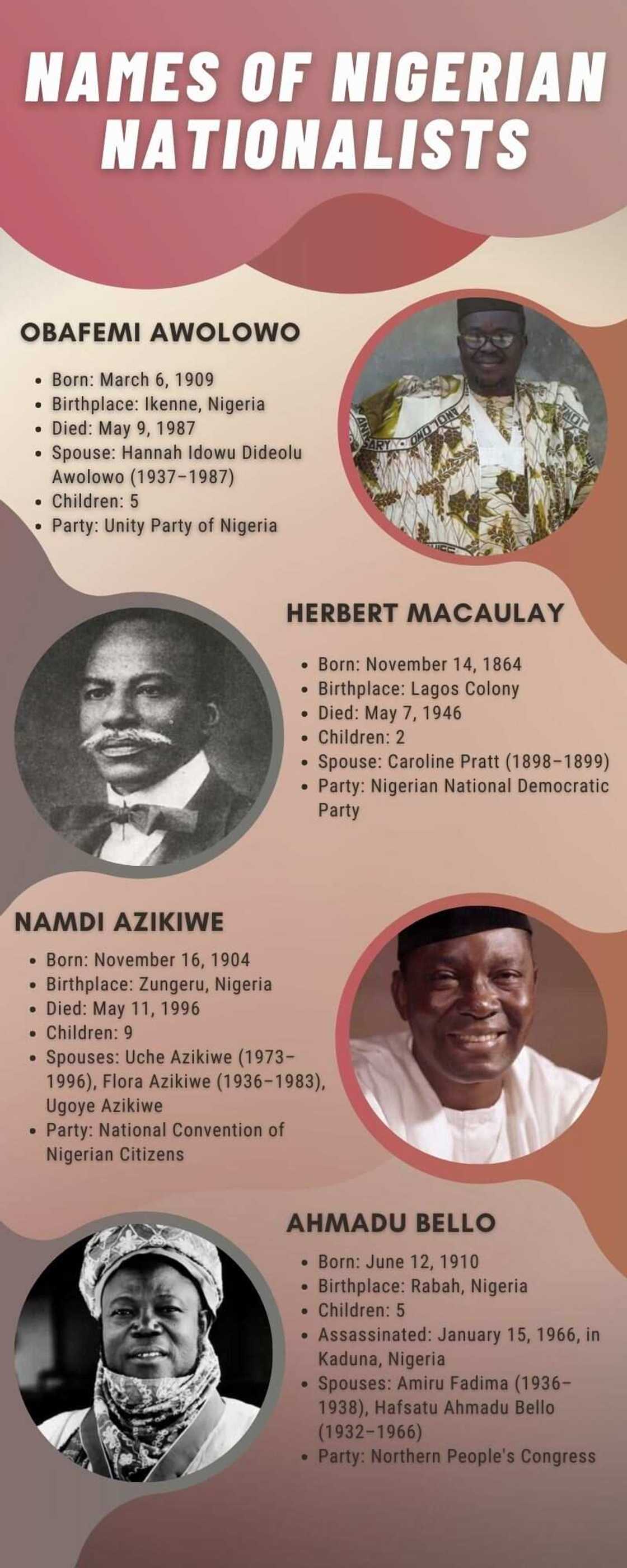
Source: UGC
TABLE OF CONTENTS
- List 10 nationalists in Nigeria
- How did Nigerian nationalists fight for social justice and human rights?
- Political parties formed by Nigerian nationalists
- Lesser-known nationalists in Nigeria
- Who is the first Nigerian nationalist?
- Who is the father of nationalism in Nigeria?
- Who fought for Nigeria to gain independence?
- How did nationalism start in Nigeria?
Herbert Macaulay and Nnamdi Benjamin Azikiwe initiated the National Council of Nigeria and the Cameroons (NCNC) in 1944. It was later changed to the National Convention of Nigerian Citizens and Nigeria's main nationalist political party from 1944 to 1966. Black people's political parties formed later, such as the Movement of the People, upheld NCNC's agenda.
List 10 nationalists in Nigeria
Nigerian nationalists promoted unity countrywide and emphasized intra-cultural connection among Nigerians. The NCNC movement promoted a sense of identity and pride among the people. These accomplishments helped the movements and the nationalists to bring freedom to Nigeria in 1960. Below are the most notable nationalists in Nigeria:
1. Obafemi Awolowo
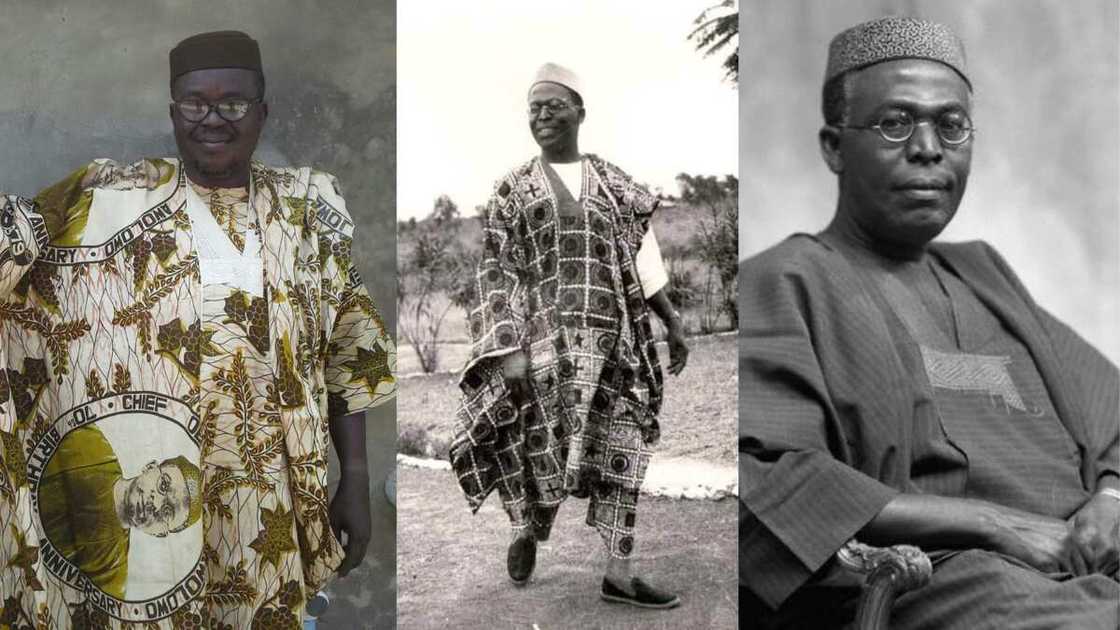
Source: UGC
- Born: March 6, 1909
- Birthplace: Ikenne, Nigeria
- Died: May 9, 1987
- Spouse: Hannah Idowu Dideolu Awolowo (1937–1987)
- Children: 5
- Party: Unity Party of Nigeria
Obafemi Jeremiah Oyeniyi Awolowo is among the foremost Nigerian nationalists of the 20th century. The lawyer studied commerce and was interested in journalism. He established the Nigerian Tribune newspaper in 1949 to spread the nationalism idea countrywide.
2. Herbert Macaulay
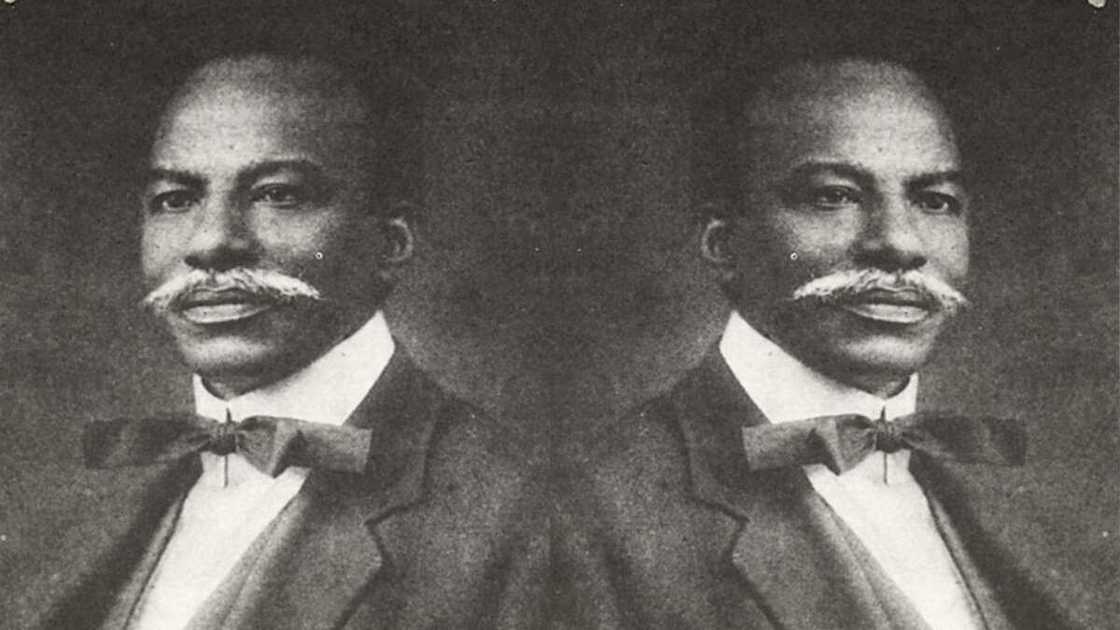
Source: UGC
- Born: November 14, 1864
- Birthplace: Lagos Colony
- Died: May 7, 1946
- Children: 2
- Spouse: Caroline Pratt (1898–1899)
- Party: Nigerian National Democratic Party
Olayinka Herbert Samuel Heelas Badmus Macaulay was a popular nationalist leader towards the end of the 19th and early 20th centuries. He was highly educated and talented. Herbert was good in engineering and music. He studied architecture, loved journalism, was a well-known politician and participated in establishing the nationalism movement in Nigeria.
3. Nnamdi Azikiwe
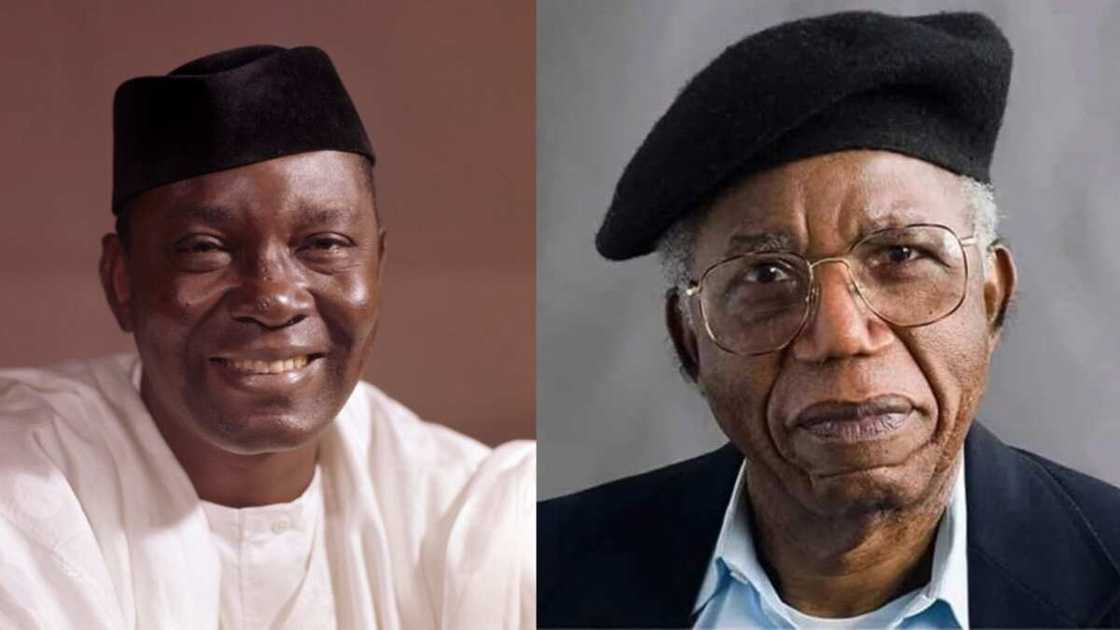
Source: UGC
- Born: November 16, 1904
- Birthplace: Zungeru, Nigeria
- Died: May 11, 1996
- Children: 9
- Spouses: Uche Azikiwe (1973–1996), Flora Azikiwe (1936–1983), Ugoye Azikiwe
- Party: National Convention of Nigerian Citizens
Nnamdi Benjamin Azikiwe earned the name "Zik" from his countrymen. People also regard him as the ‘father of Nigerian nationalism,’ because he was the first President of Nigeria. Nnamdi ruled from October 1963 to January 1966.
4. Ahmadu Bello
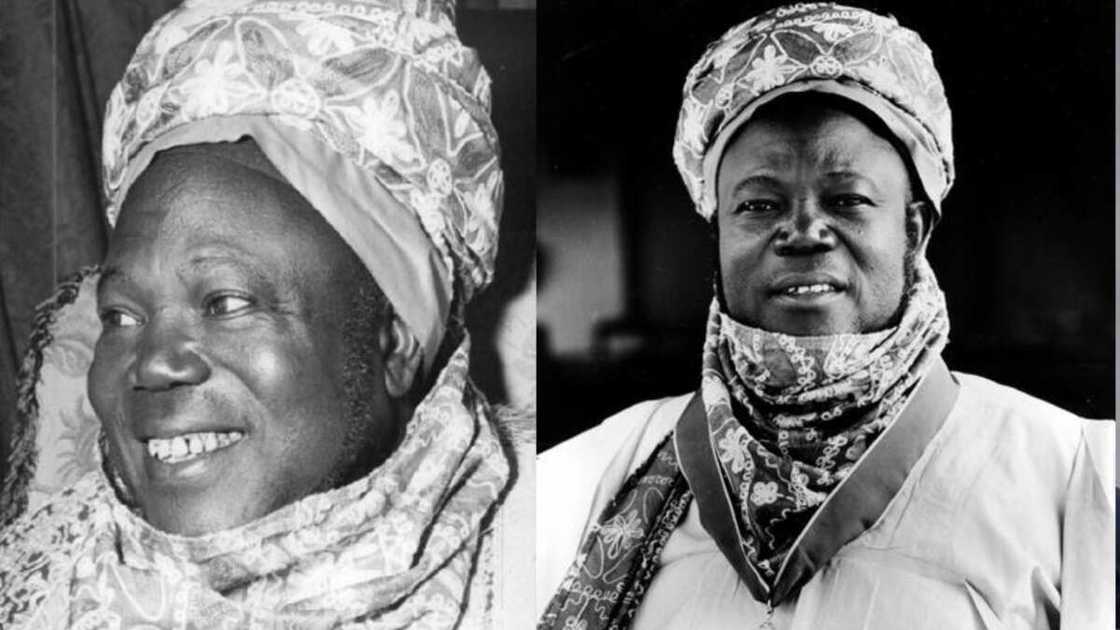
Source: UGC
- Born: June 12, 1910
- Birthplace: Rabah, Nigeria
- Children: 5
- Assassinated: January 15, 1966, in Kaduna, Nigeria
- Spouses: Amiru Fadima (1936–1938), Hafsatu Ahmadu Bello (1932–1966)
- Party: Northern People's Congress
Alhaji Sir Ahmadu Bello was the only premier of northern Nigeria. He served in the position from 1954 until 1966. This renowned Nigerian nationalist and Nnamdi Azikiwe fought for the British rule will all they had. Their movement successfully led Nigeria to freedom.
5. Anthony Enahoro
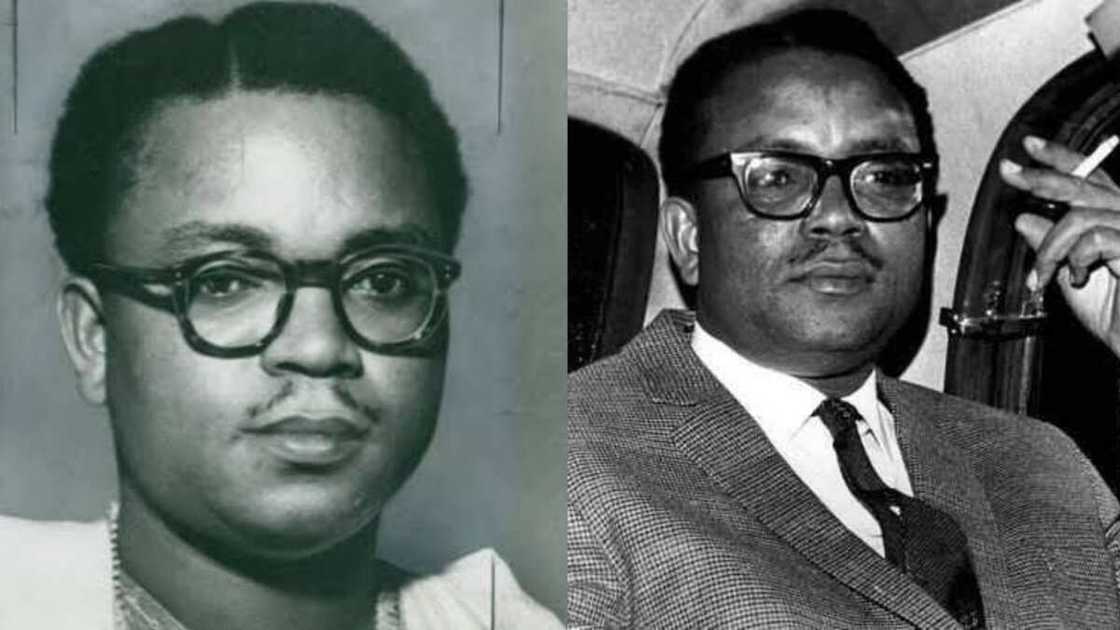
Source: UGC
- Born: July 22, 1923
- Birthplace: Uromi, Nigeria
- Died: December 15, 2010
- Children: 1
- Spouse: Helen Enahoro (married 1954)
- Party: Movement for National Reformation
Anthony Eromosele Enahoro played a significant role in helping Nigerians attain independence. He participated in politics and edited a newspaper founded by Nnamdi Azikiwe. Enahoro is among the Nigerian heroes of the mid-1940s because he was the youngest newspaper editor. He took up the job at age 21.
6. Kudirat Abiola
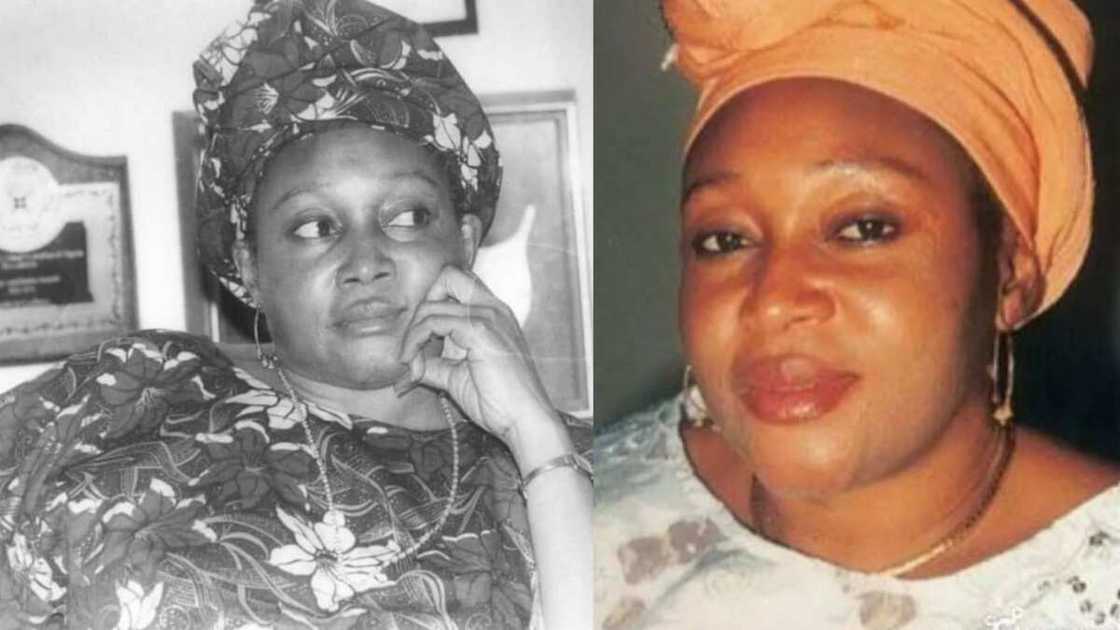
Source: UGC
- Born: 1951
- Birthplace: Zaria, Nigeria
- Children: 7
- Assassinated: June 4, 1996, in Lagos, Nigeria
- Spouse: Moshood Abiola (1973–1996)
- Party: Social Democratic Party (SDP)
Alhaja Kudirat Abiola is also among the fearless people who fought for Nigeria's independence. She married Moshood Olawale. Moshood won the 1993 presidential elections, but Ibrahim Babangida (the military head of state) annulled the results. Kudirat inspired millions to fight dictatorship from the military government. She was assassinated while her husband was in detention.

Read also
Seyi Awolowo, Naeto C, Kiddwaya and 4 other Nigerian celebrities whose parents are politicians
7. Funmilayo Ransome-Kuti
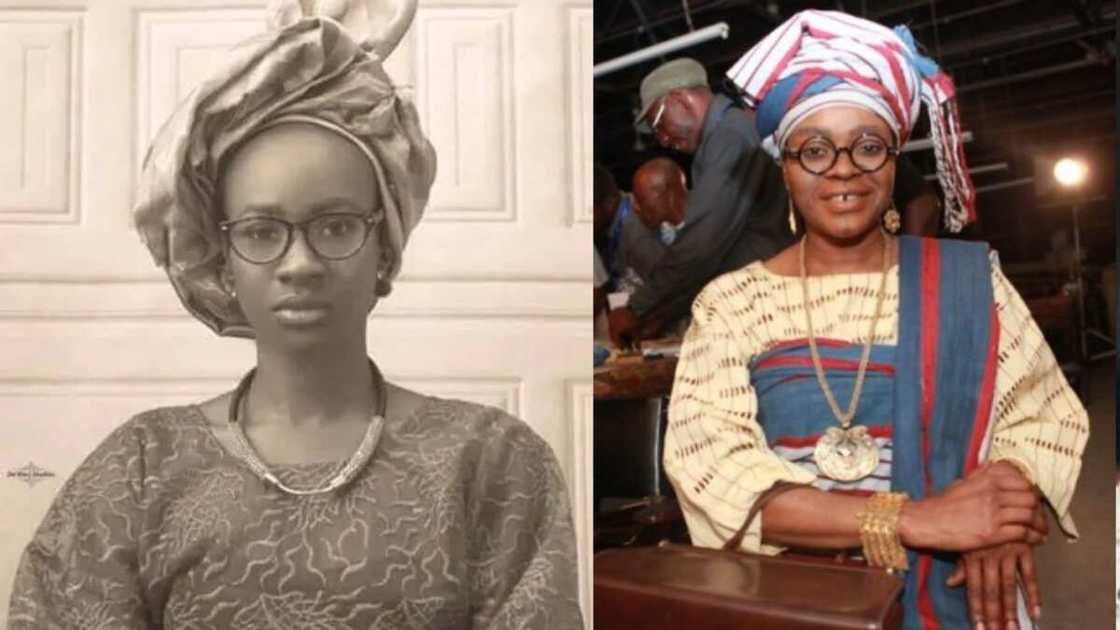
Source: UGC
- Born: October 25, 1900
- Birthplace: Abeokuta, Nigeria
- Children: 4
- Assassinated: April 13, 1978, in Lagos, Nigeria
- Spouse: Israel Oludotun Ransome-Kuti (1925–1955)
- Party: Commoners' People's Party
Funmilayo Ransome Kuti is also among the celebrated past heroes of Nigeria. She was a teacher, an active member of the Movement of the People party, and a women's rights activist. The world remembers Funmilayo as the first Nigerian woman to drive a car and the first female student to attend the Abeokuta Grammar School.
8. Mallam Aminu Kano
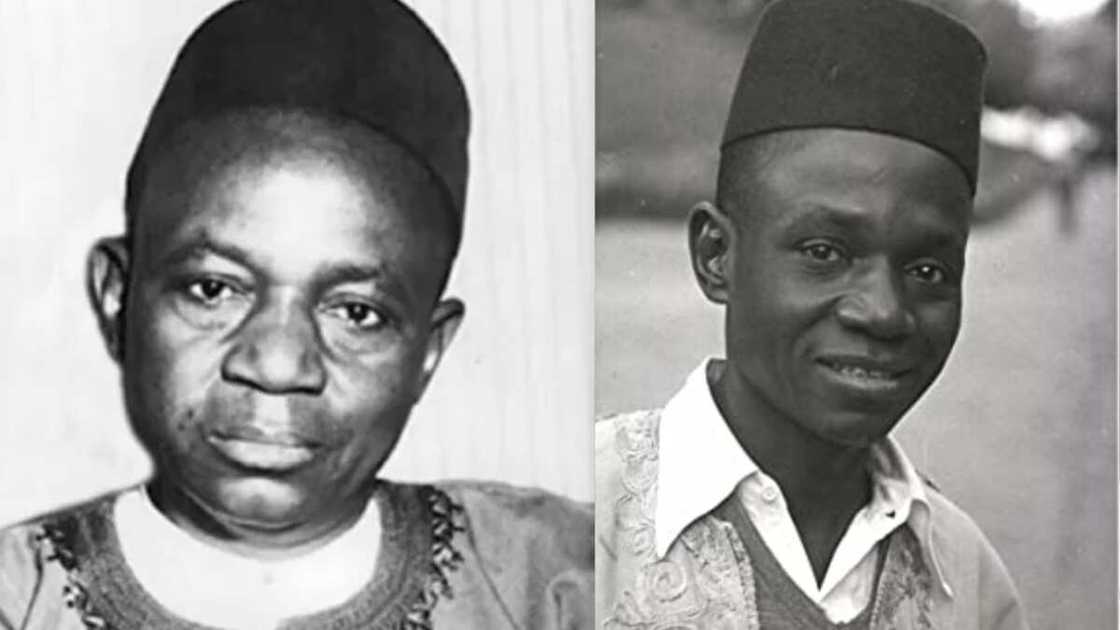
Source: UGC
- Born: August 9, 1920
- Birthplace: Kano, Nigeria
- Died: April 17, 1983
- Children: Hajiya Maryam Aminu Kano
- Spouse: Hajiya Shatu Aminu Kano
- Parties: NEPU, People's Redemption Party
Mallam Aminu Kano was a tough member of the nationalist movement in the 1940s. He led a socialist movement in northern Nigeria. Aminu suffered a stroke due to cerebral malaria. His wife, Shatu, found him dead on April 17, 1983.
9. Gani Fawehinmi
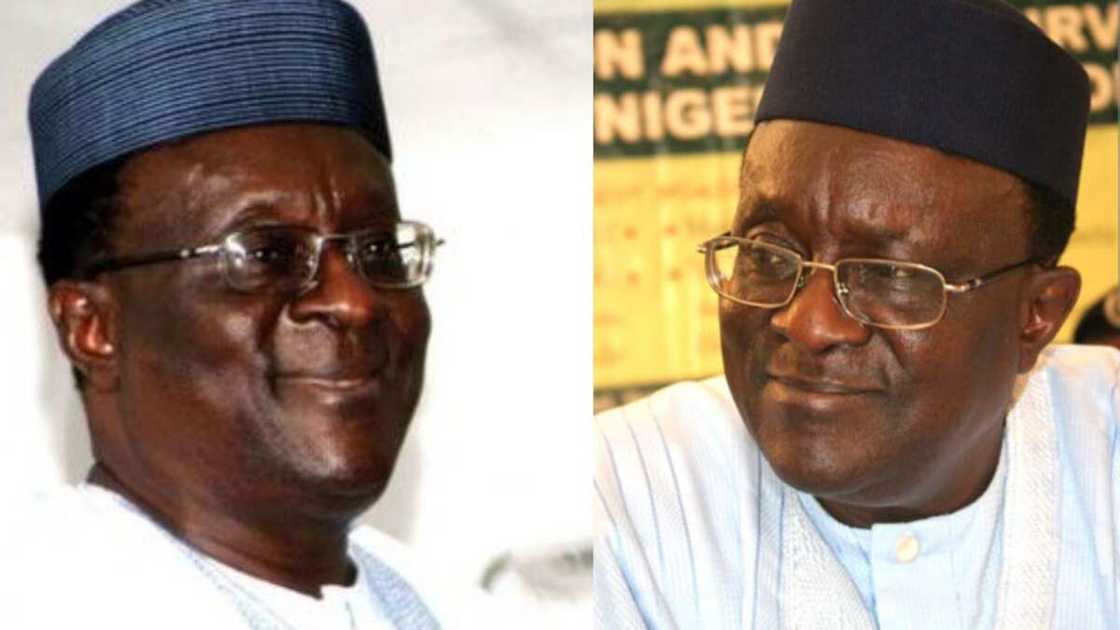
Source: UGC
- Born: April 22, 1938
- Birthplace: Ondo, Nigeria
- Died: September 5, 2009
- Children: 14
- Spouse: Ganiat Bukun Fawehinmi (1965–2009), Abike Fawehinmi
- Party: National conservatism Social conservatism
Abdul-Ganiyu Oyesola Fawehinmi was a foremost Nigerian nationalist. He was an author, publisher, philanthropist, human and civil rights activist, politician, and lawyer. Fawehinmi was passionate about journalism and national affairs. His college mates nicknamed him ‘Nation.’ He died on September 5, 2009, after a long battle with lung cancer.
10. Margaret Ekpo
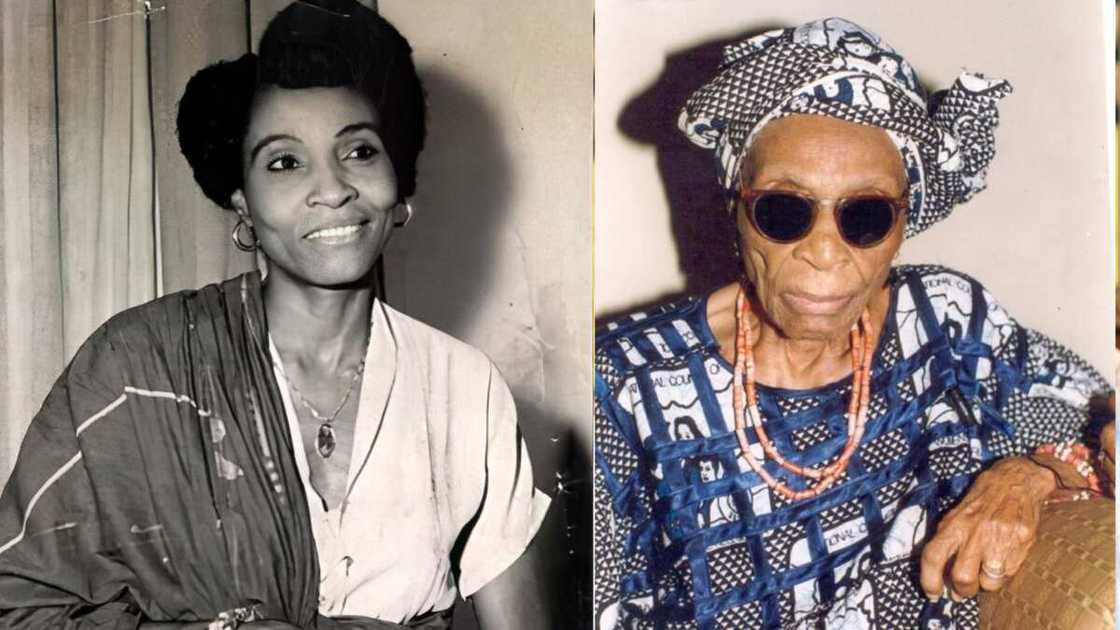
Source: UGC
- Born: July 27, 1914
- Birthplace: Creek Town, Nigeria
- Died: September 21, 2006
- Spouse: Udo Ekpo (married 1938)
- Party: National Convention of Nigerian Citizens
Calabar Airport was named after Margaret Ekpo. She fought for the British government for not allowing Nigerian women to vote, among other issues. Ekpo died at the University of Calabar Teaching Hospital, Calabar, and was buried at Hawkins cemetery in a mausoleum built by the state government.
How did Nigerian nationalists fight for social justice and human rights?
In an interview with Legit.ng, Professor Sati Umaru Fwatshak, a Professor of History at the University of Jos, discussed the diverse array of nationalists in Nigeria who championed social justice and human rights. He also offered insights into the present status of these domains within the country. Professor Sati said:
We had what historians call traditional nationalists. These people operated during the era of primary resistance. That was when the British colonial power was conquering Nigeria. And everywhere the British went, they met resistance from people who wanted to retain their independence and autonomy.
The British, however, conquered Nigeria by force. The context for understanding social justice and human rights in the era of primary resistance can be related to the struggle for autonomy and respect for the sovereignty of nations.
There was also what is generally termed modern nationalism. It focuses more on the political struggles and transitions from colonial rule to independence. In this type of nationalism, the educated elite provided leadership. They asked for accommodation or inclusion in the governance structure and process. They said the colonialists excluded them from power; they wanted to be members of the Legislative Assembly, they wanted a legislative council, and they wanted to participate in governance. So, the initial focus was participation and inclusion.
The British colonial power started including them in governance and formalized this with the Constitution of the 1920s. The nationalists kept asking for more until they demanded independence by the 1940s, specifically after the Second World War. A number of factors aided this demand. The principal reason was that the US and the USSR (now Russia) emerged as superpowers after the World Wars and, using the instrumentality of the United Nations, instructed European colonial powers to grant independence to their colonies.
The nationalists gathered energy and started negotiating for independence through constitutional conferences and other meetings in Lagos and London. Eventually, power was handed over to them first in the early 1950s when the regions gained self-rule, and finally, in 1960, independence was granted to Nigeria.
All these were parts of the processes towards independence because the nationalists were now saying they wanted independence from the British. But what kind of Nigeria are we going to have? The question was, will they have a Nigeria that one person controls and the others have nothing to say? The nationalists did not like that but opted for Nigeria, which had a weak center and strong regions, and that was how they managed to win independence.
In a nutshell, the nationalists transited from inclusion to total independence, and in all these processes, they won. Social justice and human rights in modern nationalism relate to running an inclusive government and the withdrawal of foreigners from governance. If contemporary politicians understand social justice this way, we will have a better-governed Nigeria, where no section is marginalized or excluded.
Professor Sati also highlighted instances of activism in Nigeria that opposed colonial policies, including the Aba Women's Riot, which protested against colonial tax policies, and the Cocoa Hold-Up, where cocoa producers advocated for fair pricing to protect their economic interests.
Political parties formed by Nigerian nationalists
Professor Sati discussed the formation of political parties by Nigerian nationalists in their pursuit of independence from British colonial rule. These parties included:
- Northern People's Congress (NPC): The ruling party in the North.
- United Middle Belt Congress (UMBC): Represented the non-emirate peoples in the North.
- Borno Youth Movement (BYM): Advocated for the northeast minorities.
- Northern Elements Progressive Union (NEPU): Represented the North's oppressed elements, mainly Hausa.
- Action Group: The ruling party in Western Nigeria.
- Nigerian National Democratic Party: Represented minorities in the Western Region.
- National Council of Nigeria and the Cameroons (NCNC): The ruling party in the southeast region.
Lesser-known nationalists in Nigeria
Professor Sati noted that each locality in Nigeria harbored lesser-known nationalists, often overlooked in national historical narratives. From his locality of Plateau State (formerly the Plateau Province), he highlighted leaders of the United Middle Belt Congress (UMBC) who fought for the rights of northern ethnic minorities. These include:
- Joseph Tarka (a Tiv from the then Benue Province)
- Pastor David Lot
- Mr. Patrick Dokotri
- Mr. Moses Rwang (of the then Plateau Province)
In Bauchi, there was Mallam Sa’adu Zungur. An exploration of local histories will yield more names across Nigeria. With the restoration of History as a subject at the Universal Basic Education (UBE) level, it will be possible to highlight these less-known Nigerian nationalists in their localities.
Who is the first Nigerian nationalist?
Herbert Macaulay is considered to be the founder of Nigerian nationalism. His influence began in the 1920s.
Who is the father of nationalism in Nigeria?
Nnamdi Azikiwe and Herbert Macaulay are regarded as the father of nationalism in Nigeria. They fought for establishing the National Council of Nigeria and the Cameroons (NCNC) in 1944.
Who fought for Nigeria to gain independence?
Nnamdi Benjamin Azikiwe was among those who led Nigeria to independence on October 1, 1960. He also became Nigeria's first president.
How did nationalism start in Nigeria?
Economic depression in Lagos caused unemployment, retrenchment, and economic hardships worsened in the early 1930s. Wages fell and forced people to push for reforms because the British government ignored their outcry.
These 10 full names of Nigerian nationalists gave a lot to their country. Nigeria could have had a different story if these legends could not aggressively push the British government to se their people free. Nigerians now enjoy the fruits of these heros' hardships.
READ ALSO: Top 12 Nigerian sports heroes and heroines: Interesting details
Legit.ng also posted the top 12 Nigerian sports heroes and heroines. Nigeria is good in football, athletics, basketball, boxing, dambe, and table tennis.
Football is the most popular sport in Nigeria. Its national football team regularly competes for international titles. Many Nigerian footballers play in Europe, especially in England.
Source: Legit.ng

Peris Walubengo (Lifestyle writer) Peris Walubengo has vast experience in search engine optimization through digital content generation, research, editing, and proofreading. She joined Legit.ng in April 2022 and completed the AFP course on Digital Investigation Techniques. You can email her at perisrodah254@gmail.com.

Adrianna Simwa (Lifestyle writer) Adrianna Simwa is a content writer at Legit.ng where she has worked since mid-2022. She has written for many periodicals on a variety of subjects, including news, celebrities, and lifestyle, for more than three years. She has worked for The Hoth, The Standard Group and Triple P Media. Adrianna graduated from Nairobi University with a Bachelor of Fine Arts (BFA) in 2020. In 2023, Simwa finished the AFP course on Digital Investigation Techniques. You can reach her through her email: adriannasimwa@gmail.com


